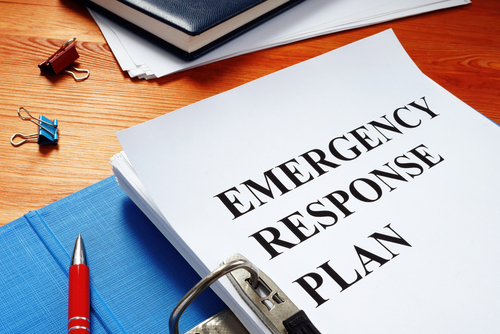
The Pacific Northwest National Laboratory (PNNL) won $1.67 million from the Department of Homeland Security (DHS) Science and Technology Directorate (S&T) this week, to aid research into future emergency response structures.
In this context, this includes items like emergency operation centers (EOCs), helping state, local, tribal and territorial emergency managers to improve communication and coordination, boosting emergency response capabilities, and working to reduce the societal and economic costs of disasters. The effort itself will be collaborative, as PNNL works with S&T, as well as emergency management practitioners, technologists and more.
“Emergency managers play a crucial role in mitigating multiple types of casualties and economic losses, while grappling with the daunting task of safeguarding their communities against unprecedented and escalating threats, ranging from severe weather events to cyber-attacks on our critical infrastructure,” Dr. Dimitri Kusnezov, DHS Under Secretary for Science and Technology, said. “This research is aimed at providing local and state emergency managers with scientific advancements and technologies, empowering them to adapt and scale their capabilities for the challenges of tomorrow.”
Most importantly, the project will focus on the creation of a national, coordinated approach for emergency management research, the development of new and novel information-sharing technologies, along with planning, modeling and simulation tools. Artificial intelligence will be considered, among other innovative areas such as geospatial intelligence, machine learning, data analytics and decision aids, all in the contact of support for emergency managers.
A.I. will be of particular interest, for its potential use in disaster management and filling emergency management capacity gaps.
“PNNL has been a steadfast partner with DHS since its creation and one enduring focus area has been on engaging our front-line emergency management officials and understanding their needs and requirements,” Ryan Eddy, PNNL’s director of homeland security programs, said. “Whether natural or human-made, all emergencies are local in their impact and those responding need to have capabilities and technology ready to serve.”
As part of its work, PNNL will turn to research conducted by academic institutions, other national labs and fellow research institutes. When finished, researchers will craft a framework that it will use to inform future research investments.




